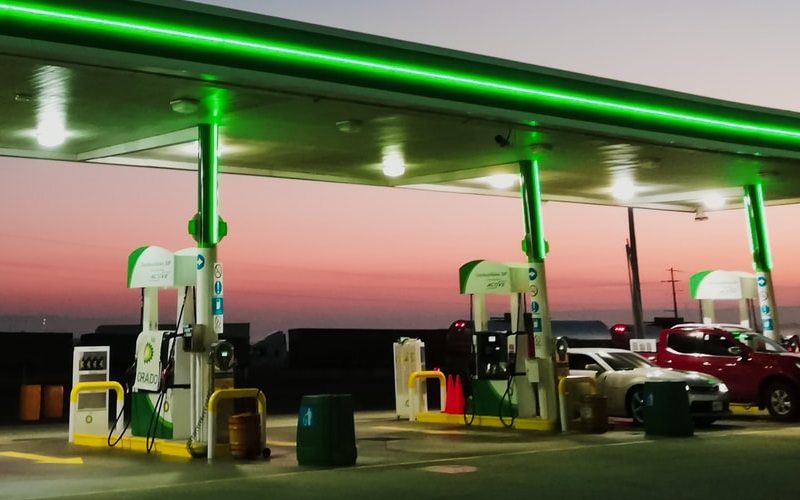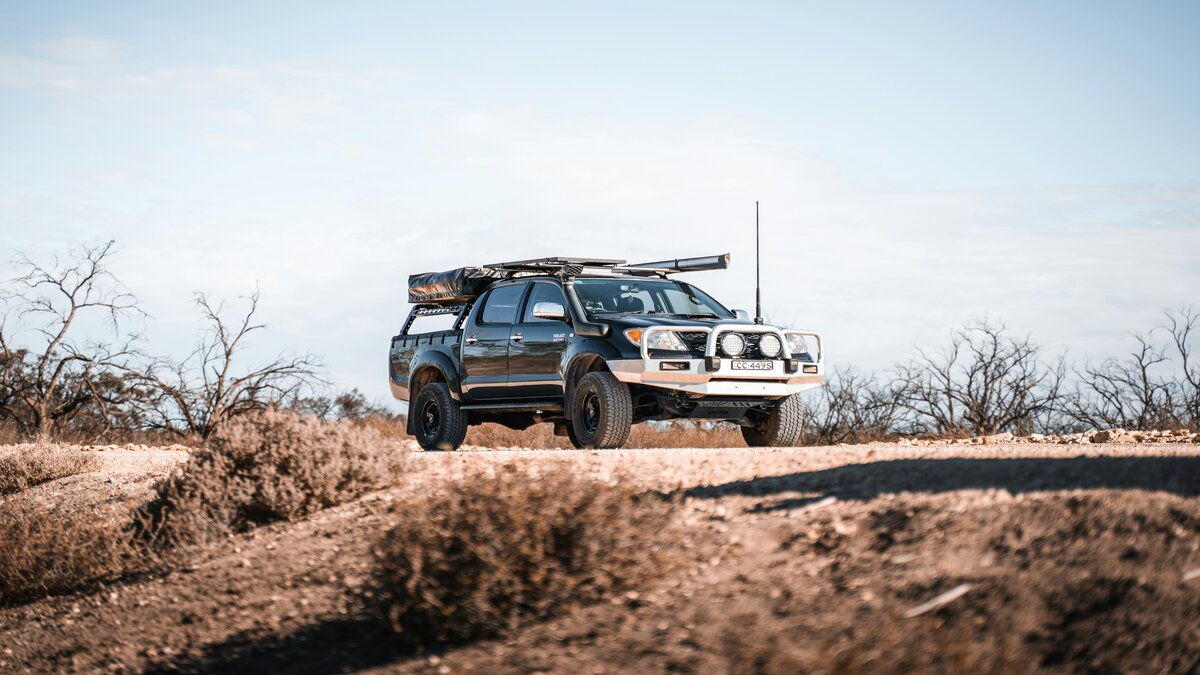This involves allowing BP and its petrol stations to participate in the Qantas rewards programs, as part of new BP petrol station franchise agreements.
ACCC Commissioner Stephen Ridgeway said the competition and consumer commission does not believe the marriage will hamper competition.
“The proposed arrangements are likely to result in public benefits, such as providing consumers with more opportunities to accrue and redeem rewards program points and allowing BP to negotiate directly with Qantas on behalf of its petrol station franchisees,” Mr Ridgeway said.
“Qantas has the biggest loyalty reward scheme in Australia in terms of member numbers, and BP is a major petrol retailer.
"However, we don’t believe this will have a significant negative impact on competition, because there are many other retailers in Australia, in petrol and other markets, who could launch or participate in different loyalty programs."
An initial concern for the ACCC was the sharing of consumer data between BP and Qantas and the privacy concerns it could have caused.
However, the ACCC noted 85% of independent BP petrol stations are subject to the Privacy Act, and the petrol giant is also implementing additional safeguards to protect consumer data.
The ACCC has authorised the conduct until 20 March 2025.
BP and Qantas loyalty scheme arrangements authorised
— ACCC (@acccgovau) February 26, 2020
- Qantas & BP can cooperate in shared rewards program for 5 years
- Consumers will have more opportunities to gain & redeem rewards points
- BP implementing extra safeguards to protect consumers' datahttps://t.co/17WMBcHiLf
The value of points programs
Already BP and Qantas have a partnership through its fuel card program.
The BP Plus fuel card allows business owners consolidation of all fuel and vehicle expenses, fleet management tools and more.
One litre of fuel purchased equals one Qantas Point, and card holders can save up to three cents per litre of fuel.
More broadly, there is also a bevy of credit card products that offer Qantas points among other points programs.
The industry has also led to the proliferation of 'point hacks', in which consumers find efficient ways to garner the most points.
However, such rewards cards usually attract an annual fee, sometimes in the hundreds of dollars, as well as a high interest rate.

.jpg)

 Denise Raward
Denise Raward
 Harry O'Sullivan
Harry O'Sullivan